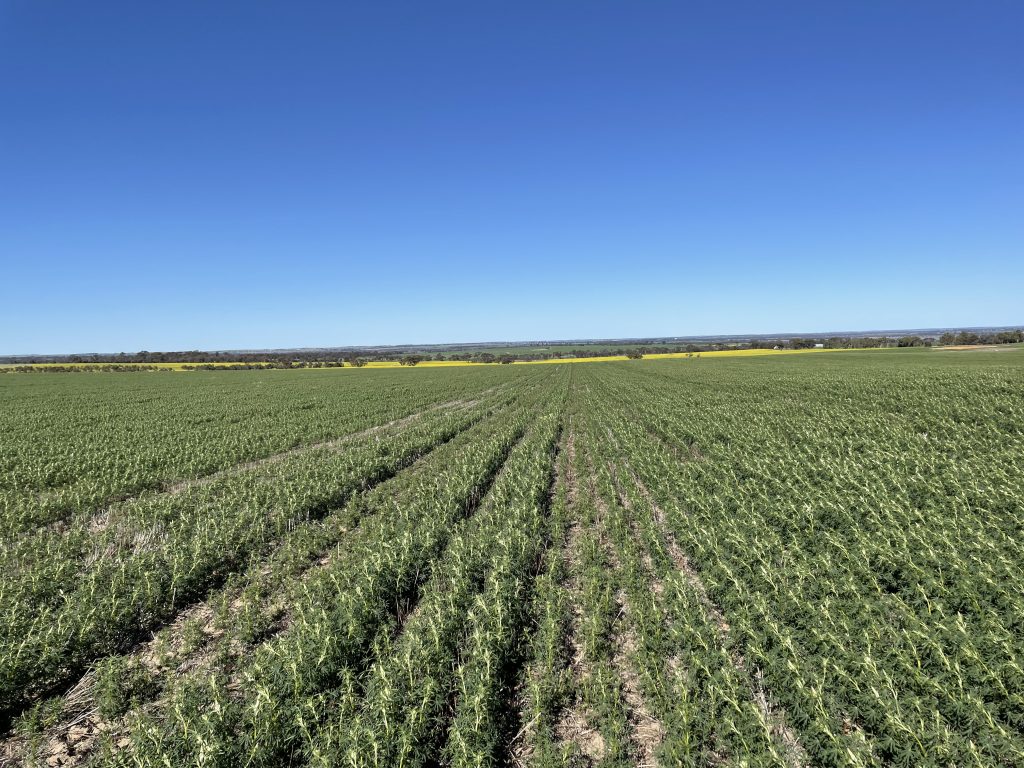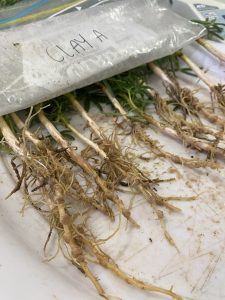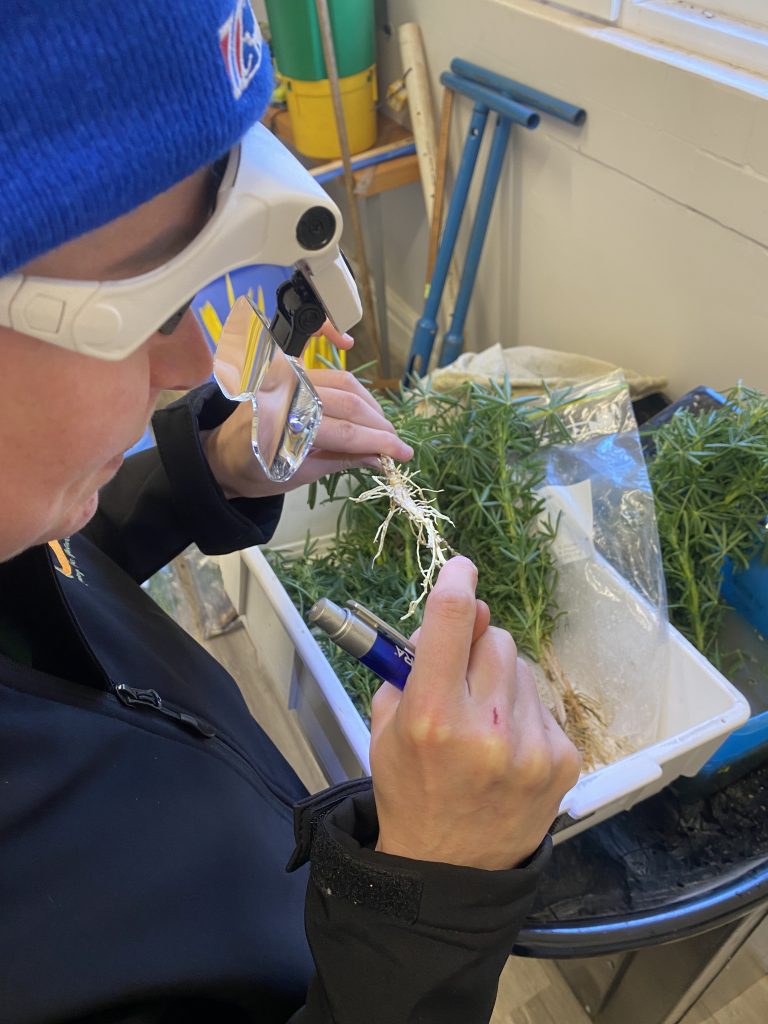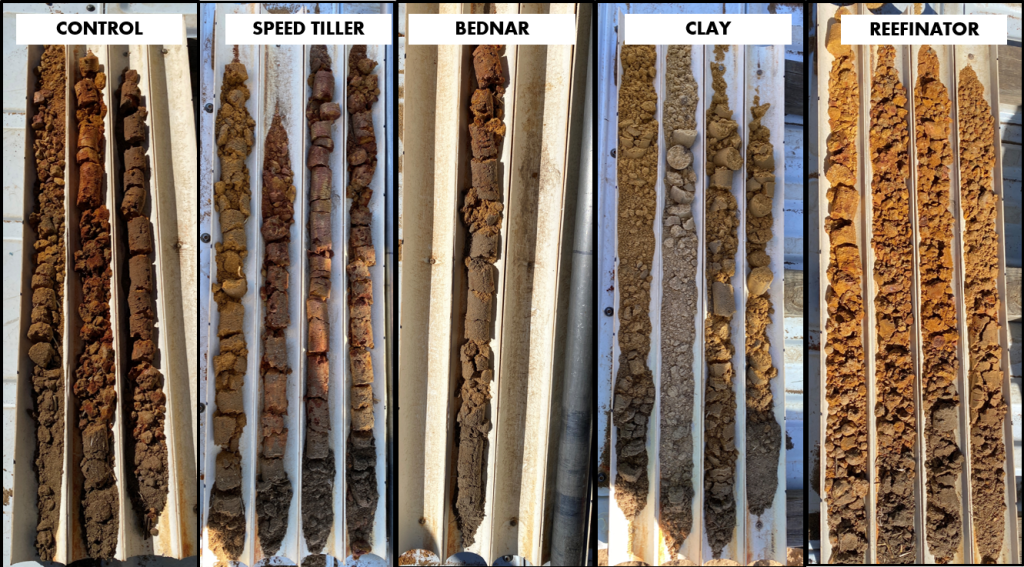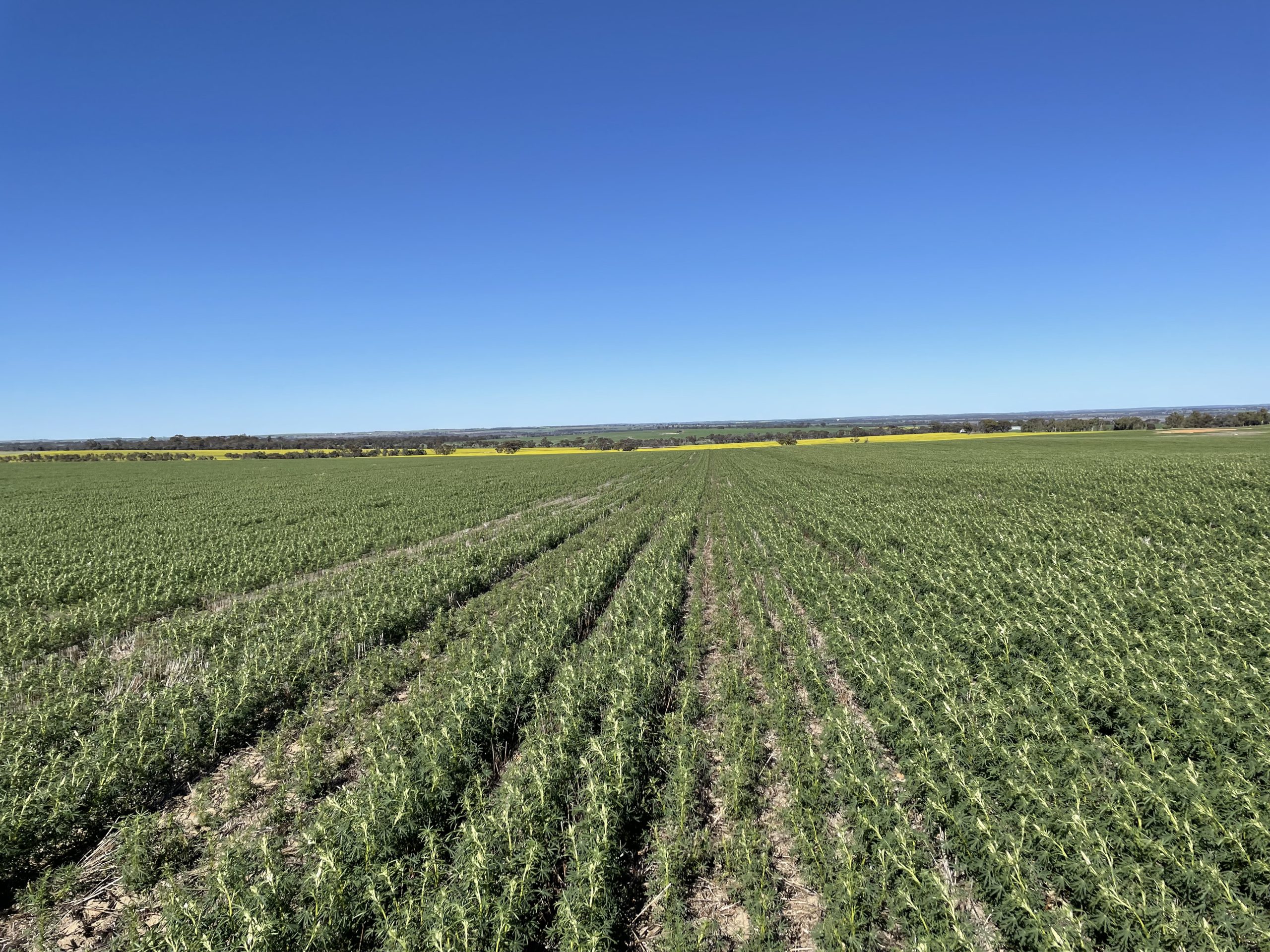



Ri$kWise Quantifying the Impact of Soil Amelioration on Nitrogen Fixation
As part of the GRDC-funded RiskWi$e project, Facey Group is investigating whether various soil amelioration treatments directly before cropping lupins affect N fixation rates. This year (2024), Facey Group is applying differing nitrogen rates on a wheat crop to identify if amelioration altered the amount of nitrogen that was fixed from the 2023 lupin crop. Nitrogen was applied at rates of 200, 150, 100, 50, and 0 kg per hectare across various soil preparation methods, including K-line speedtiller, discorden on pass finisher, and no-till conditions.
Key Messages
- As soil amelioration techniques become more widespread, a better understanding of their impacts on nitrogen fixation is required.
- This trial will investigate if soil amelioration alters the rate at which nitrogen fixes in the soil and what is the optimal rate of nitrogen for the following wheat crop
Summary
This project is part of the GRDC-funded RiskWi$e initiative, spanning five years. In 2023, the Facey Group investigated the impact of various soil amelioration treatments on the rate of nodulation in lupins. Treatments included Discorden On-Pass Finisher, K-Line Speedtiller, and small plots with Clay application at 250 t/ha to 25cm then a Reefinator H4. The aim was to understand the effects of soil amelioration practices on nodulation in lupins, which may prompt further trials with nitrogen-fixing crops on recently treated soils. However, results showed there was no significant difference found in nodulation in the lupin crop.
In 2024, we will continue with Discorden One-Pass Finisher and K-Line techniques. The focus will be on assessing different nitrogen application rates on a wheat crop to determine if soil amelioration varies the amount of nitrogen fixed in the soil from the lupin crop. Nitrogen rates of 200, 150, 100, 50, and 0 kg per hectare were applied uniformly across all treatments to determine the optimal rate for wheat crop production in a specific technique of soil amelioration.
Link
To support Facey Group with this and other ongoing research please consider becoming a member. Click HERE for more information.
FURTHER INFORMATION:
Project Funding: GRDC
Project Lead: Facey Group
Project Collaborators: GGA, CSIRO
Project Start Date: February 2023
Project End Date: February 2025
Host Farmers: Alan Manton and Kelly Pearce
